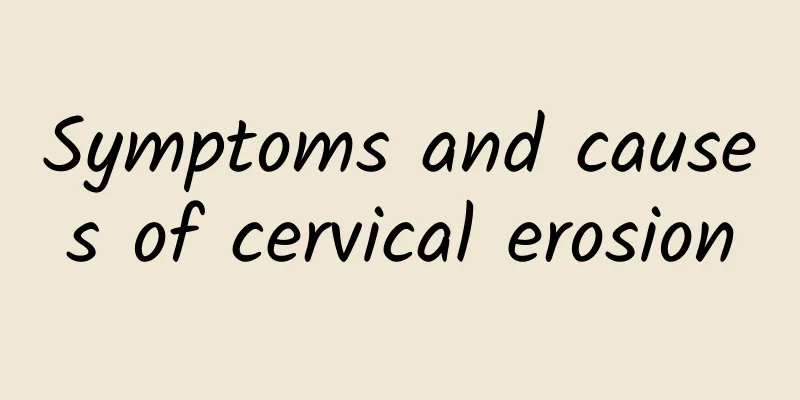What are the dangers of heavy menstrual flow and blood clots?

|
Heavy menstrual flow with blood clots is an issue that cannot be ignored in women's health. Its hazards include anemia, menstrual cycle disorders, endometritis, cervical adhesions, and potential risks of uterine fibroids. 1. Anemia: Excessive menstrual flow will lead to increased blood loss in the body. If it is not replenished in time in a short period of time, it will cause anemia. Anemia will not only cause symptoms such as dizziness, palpitations, chest tightness, fatigue, etc., but may also damage the functions of important organs such as the heart, brain, liver, and kidneys. 2. Menstrual cycle disorders: Excessive menstrual blood clots may also affect normal endocrine function, leading to an imbalance in hormone levels, and then to cycle disorders such as early or delayed menstruation, and prolonged menstruation. 3. Endometritis: During menstruation, the endometrium is shed and bleeds, and the body's resistance decreases. At this time, bacteria can easily spread and infect the body, which may induce inflammation such as endometritis. 4. Cervical adhesion: due to scar adhesion after damage to the cervical canal mucosa, 3 it leads to difficulty in menstrual blood discharge, blood clot formation, and is accompanied by symptoms such as periodic abdominal pain. 5. Risk of uterine fibroids: Heavy menstrual flow with blood clots may indicate the presence of uterine fibroids, a common benign tumor of the reproductive system. Symptoms include increased menstrual flow and the appearance of blood clots. In order to prevent these hazards, women should have regular gynecological examinations to monitor menstruation and uterine health. If excessive menstrual blood clots or other discomfort symptoms are found, they should seek medical treatment in time and receive professional treatment. At the same time, maintaining good living habits, paying attention to a balanced diet, and enhancing physical resistance are also important measures to prevent menstrual problems. |
<<: Can pelvic inflammatory disease be treated promptly during pregnancy?
>>: What are the causes of recurrent pelvic inflammatory disease?
Recommend
Is it serious to have uterine fibroids? Is the chance of uterine fibroids getting worse very small?
Among gynecological diseases, uterine fibroids ar...
What should I do if I have uterine fibroids during B-ultrasound while pregnant?
Uterine fibroids are the most common benign tumor...
What tests should be done for cervical erosion in women? Five tests are necessary to confirm cervical erosion
I believe that many women are unable to discover ...
What is the cause of ovarian cyst accumulation and what are the symptoms?
What is the cause of ovarian cyst accumulation? W...
What is Ⅲ degree cervical erosion? Medical definition of Ⅲ degree cervical erosion
Grade III cervical erosion is actually the most s...
It is necessary for people to master the prevention methods of uterine fibroids
At present, the incidence of uterine fibroids is ...
Abdominal obesity causes back pain and makes your body look 20 years older! Do the right stretching exercises to strengthen your waist, and rejuvenation is not a dream
A college student in his twenties who was about t...
Is it suitable to exercise if you have cervical erosion?
Is exercise suitable for women with cervical eros...
What is myomectomy? Myomectomy surgery record
What is myomectomy? Uterine fibroids are one of t...
How much is the pelvic fluid during ovulation?
Generally speaking, pelvic effusion indicates pel...
Are green bamboo shoots more nutritious than white bamboo shoots? 3 groups with weak stomachs should not eat too much
When eating bamboo shoots in summer, don’t forget...
Can I have IVF if I have pelvic inflammatory disease? IVF is not recommended.
Women with pelvic inflammatory disease will affec...
What medicine is more effective for cervicitis and endometritis?
For cervicitis and endometritis, appropriate medi...
What are the symptoms of threatened miscarriage? What are the methods to preserve the fetus during threatened miscarriage?
Threatened abortion refers to a small amount of v...
A brief introduction to the four main causes of cervicitis
As one of the possible causes of female infertili...









